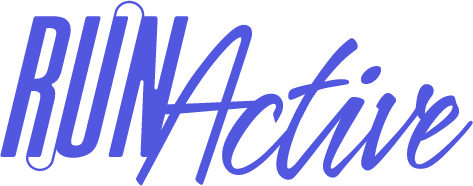The week before a marathon is crucial for fueling your body properly to ensure optimal performance on race day. Your nutrition strategy during this time should focus on tapering your activity, replenishing glycogen stores, and ensuring proper hydration.
1. Carbohydrate Loading (3–4 Days Before the Race): One of the most important nutritional strategies for marathon preparation is carbohydrate loading. This involves increasing your carbohydrate intake to maximize glycogen stores in your muscles and liver. Aim for about 70-80% of your total calories from carbs during the last three to four days before the race. Focus on easily digestible, low-fiber carbohydrates like pasta, rice, potatoes, bread, and oatmeal to avoid gastrointestinal distress. Avoid overindulging on fatty or high-protein foods, as they can slow digestion.
2. Moderate Protein Intake: While carbs should be your primary focus, protein is also essential to maintain muscle recovery and repair. However, you don’t need to drastically increase your protein intake the week before the marathon. Aim for about 1.0-1.2 grams of protein per kilogram of body weight per day. Good sources include lean meats, fish, eggs, beans, and dairy.
3. Healthy Fats: Moderate fat intake is fine, but avoid large amounts of fatty foods the week before the race. Fats can slow digestion and may make you feel sluggish. Stick to healthy fats from sources like avocados, nuts, seeds, and olive oil.
4. Hydration: Hydration is key in the final week leading up to the marathon. Aim to drink plenty of water daily and start to increase your intake a few days before the race. Electrolyte-rich drinks (sports drinks or electrolyte tablets) can also help replenish sodium, potassium, and other minerals lost during training.
5. The Day Before the Marathon: The day before the marathon should focus on keeping things simple. Stick to familiar foods, especially carbohydrate-rich meals like pasta or rice with a small amount of lean protein. Avoid high-fiber, spicy, or greasy foods that might upset your stomach. Drink water throughout the day, but avoid overhydrating, as it could lead to uncomfortable bloating.
By focusing on carb loading, proper hydration, and balanced meals, you'll ensure that your body is well-fueled and ready for race day.





















